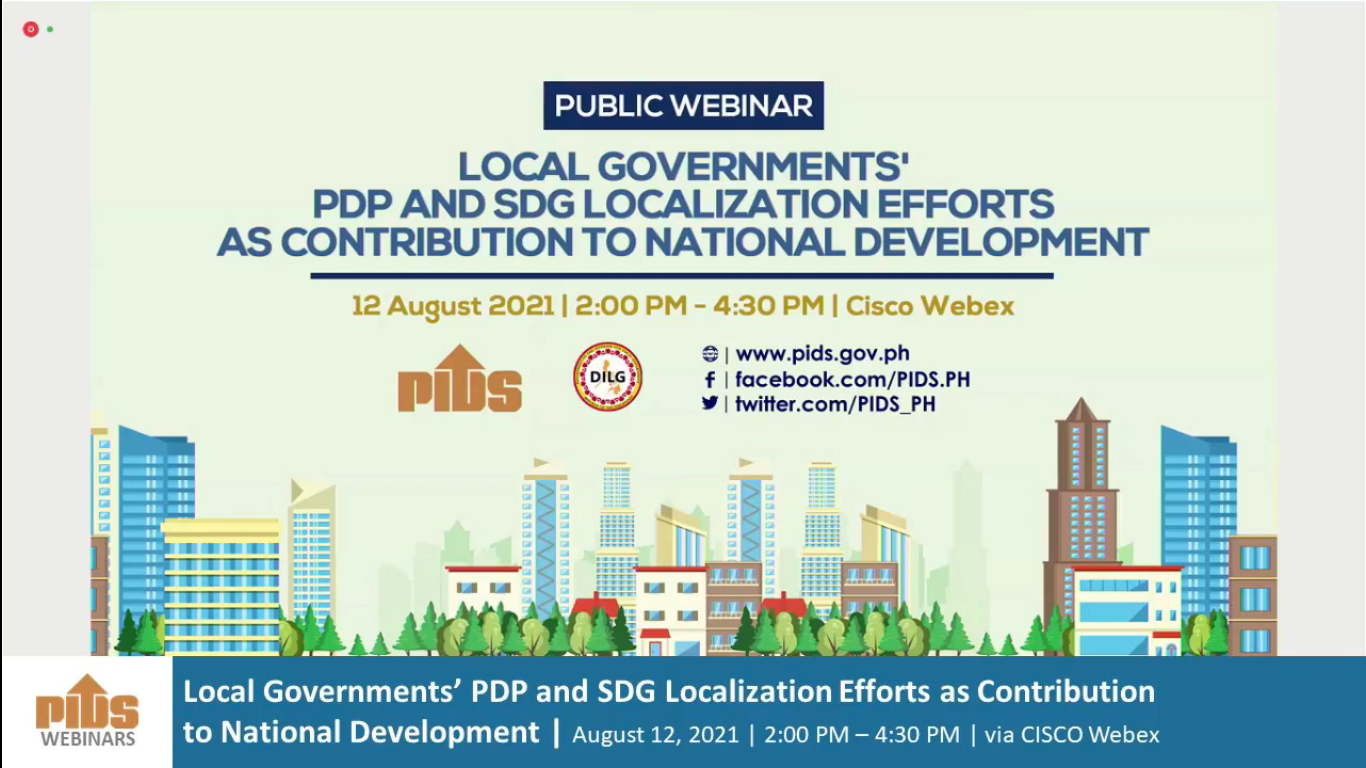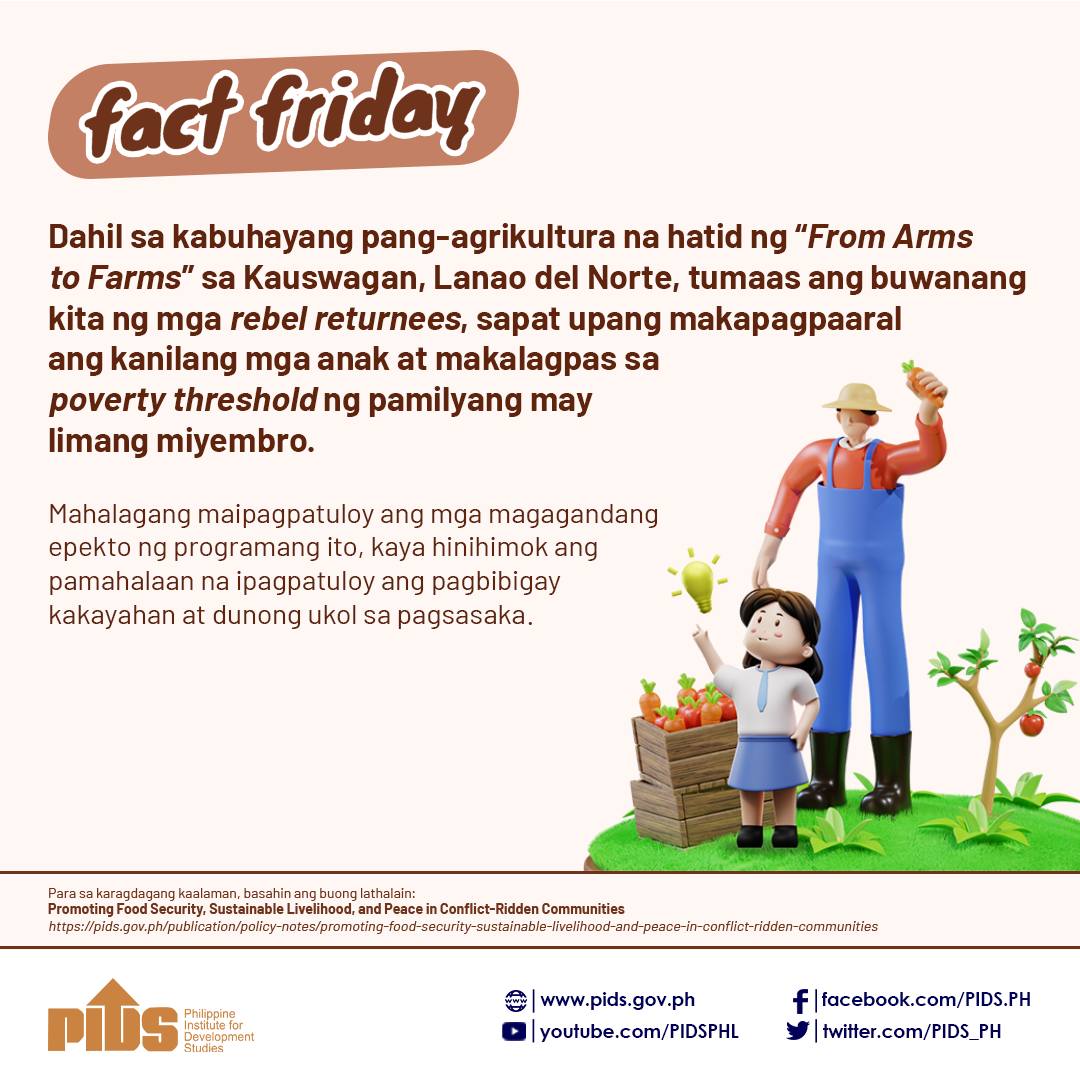Agriculture Secretary Emmanuel F. Piñol vowed that affordable rice that will be sold by the National Food Authority (NFA) starting next year will be produced by local farmers.
Piñol said this will be made possible by the passage of the rice tariffication bill, which will disallow the NFA from importing rice to boost its buffer stocks.
“The NFA will be focused on the procurement of palay [unmilled rice] produced by Filipino farmers,” Piñol said in his latest Facebook post.
“This is a welcome development not only for the Filipino farmers but also for top officials of the Department of Agriculture and the NFA who advocate for change in the image of the rice agency,” he added.
The exit of the NFA from importation, Piñol said, will end the corrupt practice of some employees who seek bribes before awarding import permits.
“[The NFA’s] years of involvement in the rice importation program for buffer stocking, suspicions were rife that there were financial transactions involved where officials raked in money. The very tight requirements also led to corruption in the awarding of import permits,” he said.
Piñol said the passage of the rice tariff bill “assures farmers of a market and stable income.” For next year, the government has allocated P7 billion for local palay procurement.
The House of Representatives on November 28 endorsed for President Duterte’s signature the rice tariffication bill and the coconut-levy trust fund after it ratified the bicameral conference committee reports on the two measures.
The rice tariffication bill would lift the quantitative restriction (QR) on rice in keeping with its commitment to the World Trade Organization after the special waiver on rice expired on June 30, 2017.
The conversion of the QR on rice into tariffs would enable government to increase its revenues. Tariffs collected from imports will then form the Rice Competitiveness Enhancement Fund (RCEF), which will bankroll initiatives aimed at boosting farm productivity and helping farmers access cheap credit.
Under the rice tariffication bill, 10 percent of the P10-billion RCEF will be set aside for credit to farmers and cooperatives.
Removing the QR on rice by amending Republic Act 8178 would allow the government to generate P27 billion annually, according to a paper published by the Philippine Institute for Development Studies.
Economic managers have been banking on the passage of the measure before the end of the year to rein in inflation, as the spike in rice prices was tagged as a major factor behind the rise in the consumer price index.
This year, the highest inflation rate was recorded in September, when it reached 6.7 percent. In January, when the government started implementing the Tax Reform for Acceleration and Inclusion law, inflation was only at 3.4 percent.
The government expects the increase in rice supply—with the scrapping of the QR—to cut the price of the staple by P7 per kilogram.












